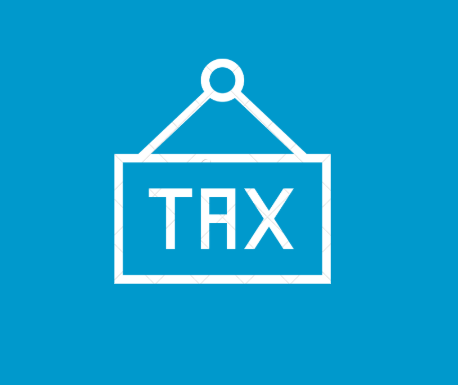Tax Certificates for Extended Federal Tax Credit of Qualifying Residential Indoor Comfort Systems
The Federal government has retroactively extended the HVAC tax credits for qualifying HVAC equipment installed in a principal residence and placed in service between January 01, 2018 and December 31, 2020.
The Daikin brand residential products identified as "Qualified Energy Property" as defined in Section 25C of the Internal Revenue Code (IRC), specific requirements, can be viewed and downloaded at https://daikincomfort.com/buyers-guide/tax-credits. Tax credit forms are available at the link provided.
The certificates reference the following qualifying Daikin brand residential heating and cooling product lines:
- Advanced Main Air Circulating Fan: If an advanced main air circulating fan is used in a natural gas, propane, or oil furnace and has an annual electricity use of no more than 2 percent of the total annual energy use of the furnace (as determined in the standard Department of Energy test procedures), is installed in the homeowner's principal residence and is place in service between January 1, 2018 and December 31, 2020, then the homeowner may qualify for a non-refundable tax credit under Section 25C of the IRC for expenditures made for the advanced main air circulating fan up to $50, subject to an overall lifetime limitation of $500 for all prior taxable years after December 31, 2005.
- Home Heating Equipment: Natural gas, propane, and oil furnaces with an annual fuel utilization efficiency rate (AFUE) of not less than 95 percent that are installed in the homeowner's principal residence and placed in service between January 1, 2018 and December 31, 2020, may qualify for a nonrefundable tax credit under Section 25C of the IRC for expenditures made for the furnace up to $150, subject to an overall lifetime limitation of $500 for all prior taxable years ending after December 31, 2005.
-
Home Cooling and Heating Equipment - Packaged Units: If installed in the homeowner's principal residence and placed in service between January 1, 2018 and December 31, 2020, the homeowner may qualify for a nonrefundable tax credit under Section 25 of the IRC up to $300 for expenditures made for the packaged unit, subject to an overall lifetime limitation of $500 for all prior taxable years ending after December 31, 2005, of certain home cooling and heating packaged units achieving the following efficiencies:
- Packaged Air Conditioners: a cooling efficiency of greater than or equal to 14 SEER and 12 EER.
- Packaged Heat Pumps: a cooling efficiency of greater than or equal to 14 SEER, 12 EER, and a heating efficiency of greater than or equal to 8.0 HSPF.
-
Home Cooling and Heating Equipment - Split Systems: If installed in the homeowner's principal residence and placed in service between January 1, 2018 and December 31, 2020, the homeowner may qualify for a nonrefundable tax credit under Section 25C of the IRC for expenditures made for a split system up to $300, subject to an overall lifetime limitation of $500 for all prior taxable years ending after December 31, 2005. The products listed in the attachment are properly matched with a correct indoor coil and/or furnace to achieve the energy efficiency criteria required to qualify for the tax credit:
- Air Source Heat Pumps: a cooling efficiency of greater than or equal to 15 SEER, 12.5 EER or higher, and a heating efficiency of greater than or equal to 8.5 HSPF.
- Central Air Conditioners: a cooling efficiency of greater than or equal to 16 SEER and 13 EER.
The make, model number, and other suitable identifiers of the Qualified Energy Property can be found on the Air-Conditioning, Heating, & Refrigeration Institute (AHRI) directory (www.ahridirectory.org).
An AHRI certificate may be required to ensure a properly matched system and verify tax credit status.
Daikin North America LLC does not offer tax advice. This information is provided for discussion purposes only and is provided as a general guideline. For further information regarding details of Federal tax credit for certain residential HVAC equipment, please consult with a local tax professional to determine how these credits may apply to your circumstances and visit www.energy.gov/taxbreaks for more information.
